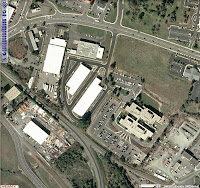
A new ruling is expected to have broad implications for federal wiretapping law. Barack Obama, when a United States senator, was highly critical of the presidential wiretapping power claimed by Mr. Bush, and threatened to filibuster the final bill. But he ultimately voted for the Protect America Act. A federal appeals court has now for the first time has ruled on the constitutional question of the president’s wiretapping power.
The Foreign Intelligence Surveillance Court of Review, in a decision released January 15 '09, has found that the Protect America Act did not violate the Constitution because the Fourth Amendment, which prohibits unreasonable searches and seizures, contained an exception for the collection of foreign intelligence information.
The opinion is not expected to directly rule on the legality of the once-secret operation authorized by President Bush between October 2001 and early 2007, which allowed the National Security Agency to eavesdrop on the international communications of Americans suspected of ties to terrorists. The disclosure of the program’s existence in The New York Times in December 2005 set off a national debate on wiretapping, privacy and the limits of presidential power. Critics charged that Mr. Bush had violated a 1978 law requiring that the government obtain a court order to listen in on Americans’ communications.
Labels: Broad new surveillance powers, Financial Privacy, financial records, Foreign Intelligence Surveillance Court of Review, National Security Agency, Protect America Act, warrantless surveillance















